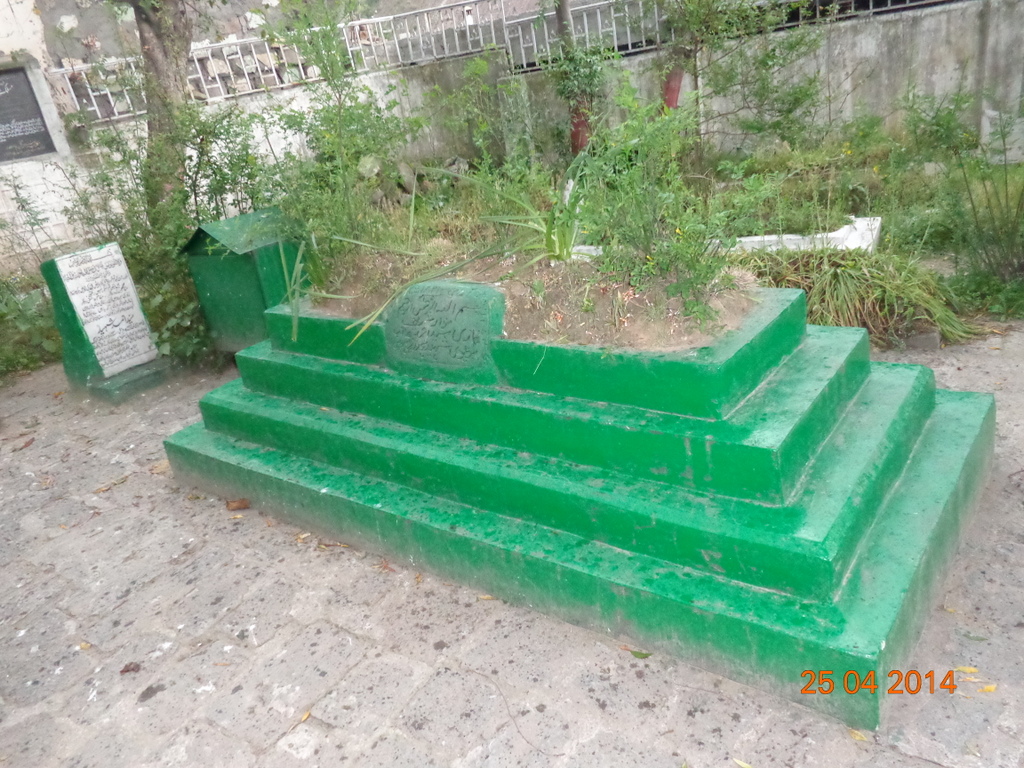Rudolph Peters, Islam and Colonialism: The Doctrine of Jihad in Modern History (Mouton Publishers, 1979) 47, Quoted from Spencer, Robert (2018). The history of Jihad: From Muhammad to ISIS.
Famous Syed Ahmad Barelvi Quotes
Syed Ahmad Barelvi. Letter written to his contemporary Muslim magnates, cited in Qeyamuddin Ahmad, The Wahabi Movement in India, Calcutta, 1966, p. 358
Goel, S. R. (1995). Muslim separatism: Causes and consequences.
